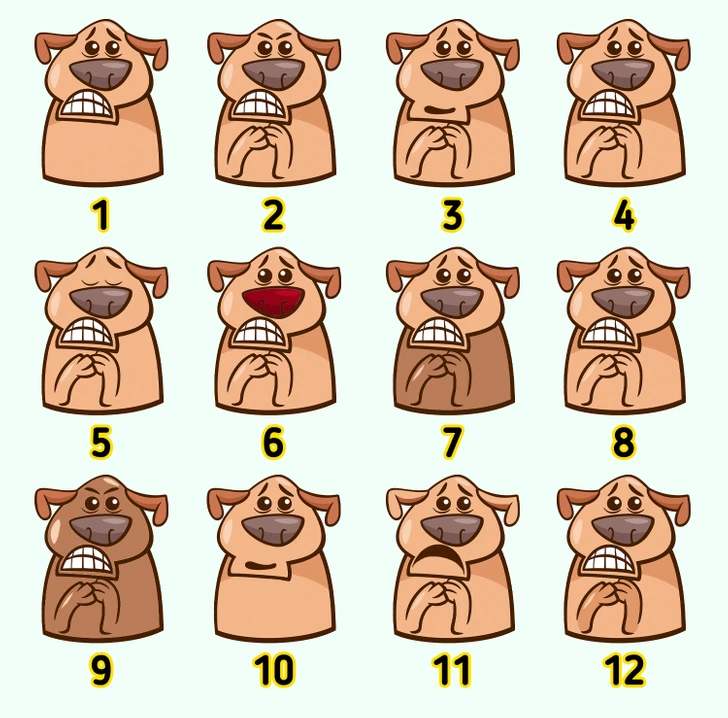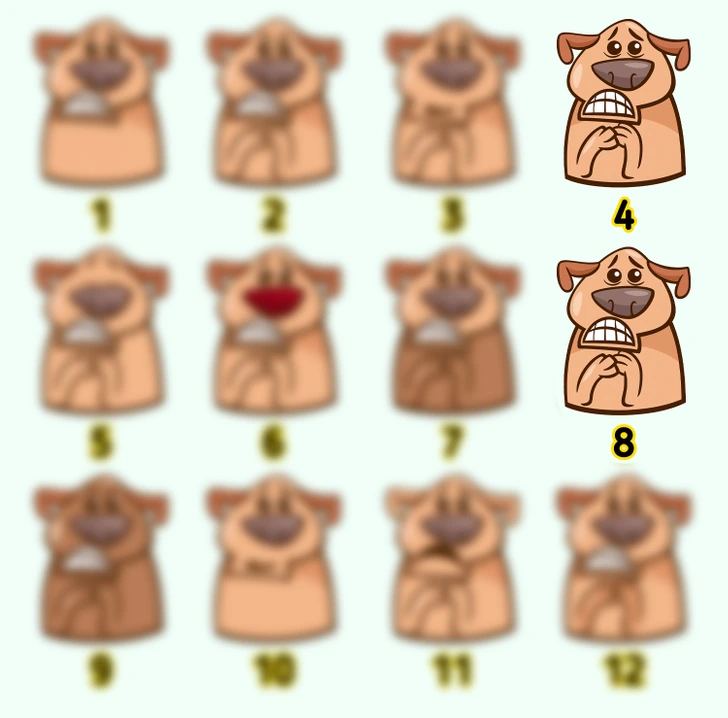Vision Test: Visual puzzles that rely on perception and have a profound effect on psychology, art, daily life, and even the human brain are known as optical illusions. It will explain to you how the brain processes and arranges visual information, demonstrating that perception is more complex than simply gazing in the mirror. This challenging task will put your critical thinking, problem-solving, and application of both qualitative and quantitative techniques skills to the test.
In contrast to the image above, use your visual sharpness and cognitive abilities to find the identical dogs hidden in the picture.
Check Your Brain Health By Finding HAND, FISH, BANANA & MUSHROOM Within 1 Minute. Try Your Skills!
Find the identical dogs
Optical illusions assess our ability to understand contradicting or unclear information. We can gain a better understanding of anatomy, sensory processing, and cognition by understanding how the brain responds to visual illusions. They are essential tools for visual studies because they shed light on how the brains of both healthy and handicapped people interpret visual information.
 Source: Brightside.com
Source: Brightside.com
How Fast You Can Find Lion, Cat & Mouse Hidden In This Optical Illusion? 9 Seconds Left!
Look for the optical illusion answer here:
Optical illusion helps understand psychology and examine a wide range of characteristics related to human vision, attention, memory, and decision-making.
But I forgot to tell you, you just have 3 seconds.
Tick…
Tock…
Tick…
Enough of suspense and the low-key music in the background, let’s jump to the answer.
Many aspects of human vision, attention, memory, and decision-making are studied in psychology and neuroscience research through the use of optical illusions.
Coming back to the picture…
I Am Sure You Are Done!
If you are still struggling with the answer, please have a look at the picture below.
 Source: Brightside.com
Source: Brightside.com
Optical illusions reveal disparities in people's perspectives and levels of visual acuity, raising questions about our comprehension of reality. Taking on visual challenges helps us develop a cosmic perspective that broadens and illuminates our understanding.
Comments
All Comments (0)
Join the conversation